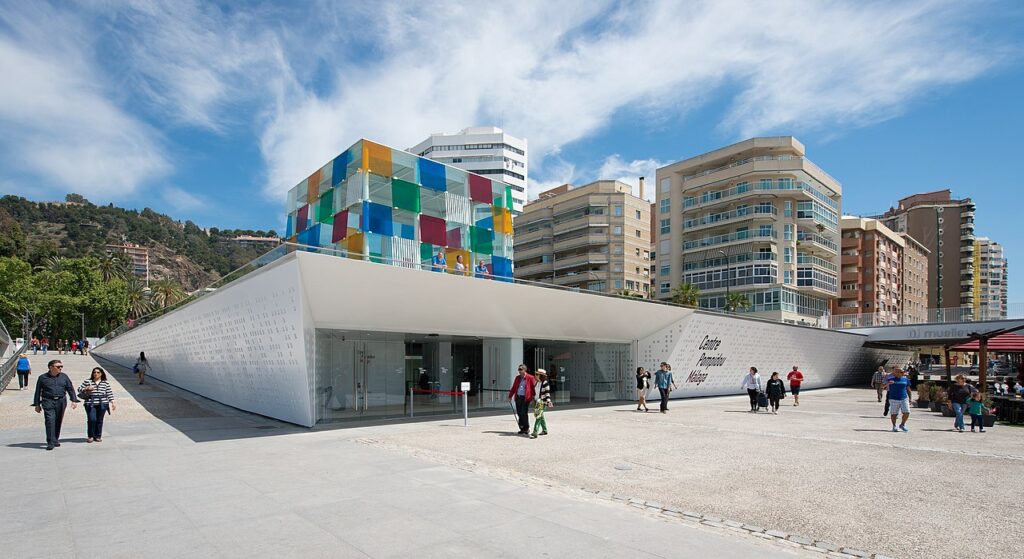MALAGA – 2020 EUROPEAN CAPITAL OF SMART TOURISM – AN INNOVATIVE DESTINATION
The transformation of Malaga city – the 2nd largest in Andalucia- from a traditional sun-and-sea tourism hotspot into a modern and innovative tourism destination based on sustainability was rewarded by the title of European Capital of Smart Tourism in 2020.
Being the gateway to the Costa del Sol, Malaga is often perceived as a place for sun-hungry tourists looking for their annual seaside holiday. But times have changed.
Malaga is a dynamic city, the sixth largest in Spain with over half a million people. It is also an economic powerhouse, ranked the fourth largest in Spain for its activity. Tourism plays an important part in the city’s dynamic development. Since 2018, tourism is estimated to have generated an economic impact of €3bn for the city. Total annual visitor numbers reached 5 million.
Despite its tourism success, Malaga seriously worked on redefining its touristic image over the past two decades. Its efforts paid off in 2020 with the title of European Capital of Smart Tourism, a title shared on a par with Gothenburg in Sweden.
Malaga successfully integrates concepts of sustainability, accessibility, innovation and culture into its holistic smart tourism strategy. The coastal city has a strong focus on using new technologies to improve the visitor experience and boost the innovative capacity of local businesses. The city is also a leader in involving the local community and working on sowing the seeds of smart tourism on an educational level. Malaga has for a long time favoured a constant exchange between visitors and the government’s tourism services, so the city can do more to meet the needs of its travel guests.
The municipality launched many initiatives to transform itself. Starting with sustainability, Malaga works in all possible fields. It installed public LED lighting, offers over 20 bike hire stations and created bike lanes that now exceed 40km. The city has even installed smart watering systems for parks and gardens in order to save water.
It has introduced an Air Quality Sectoral Plan to reduce air pollution, monitor pollen levels and improve noise quality. Malaga also upgraded street cleaning equipment and has worked on better waste separation in the city centre.
Smart tourism is focusing on nature and culture
In terms of nature, the city has a great deal to offer. The city has almost 50 hectares of protected natural areas, 60 hectares of botanical gardens, more than 400 hectares of green space and 5 beaches. Malaga revitalised many of its natural spaces, such as its wetlands, creating ideal spots for bird watching and nature walks.

Over the past decade, the weight of culture in the city’s tourism image has grown from strength to strength. Malaga is these days considered a city of museums. Within just two decades, the city has gone from having 4 museums to having 37. The city’s exhibition space thereby went from 400 sq m to 35,000 sq m. Among them are high profile museum institutions such as the Picasso, the Malaga Museum, the Thyssen Collection, the Automobile and Fashion Museums, the Pompidou Centre and the Centre for Contemporary Art. Most of them are in the historic old town.
Many old buildings and their surroundings were transformed into vibrant, cultural spaces, like the old tobacco factory and its Tabacalera neighbourhood, or the city’s art district, Soho. Malaga has successfully transformed itself from a city known for its sunny beaches to a city of art and culture.
